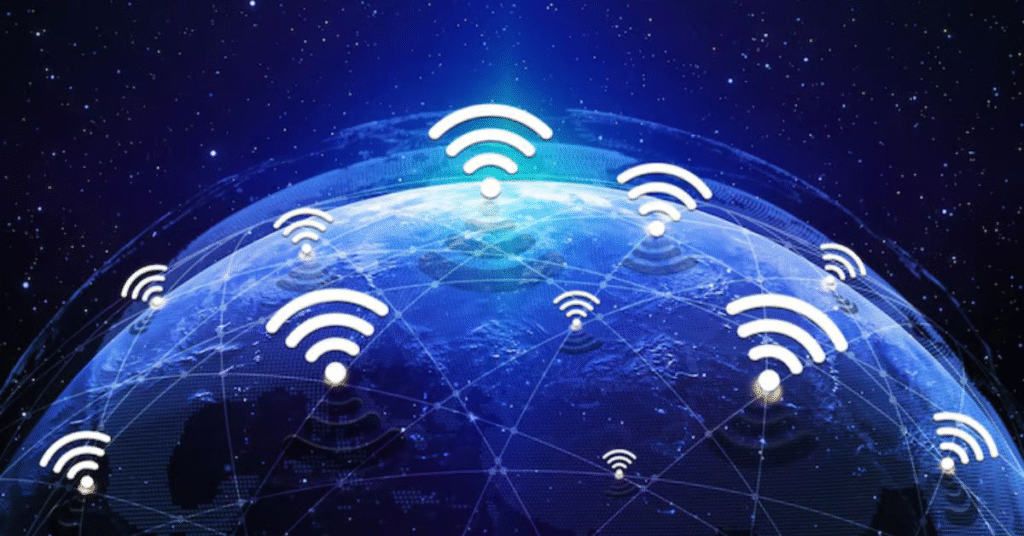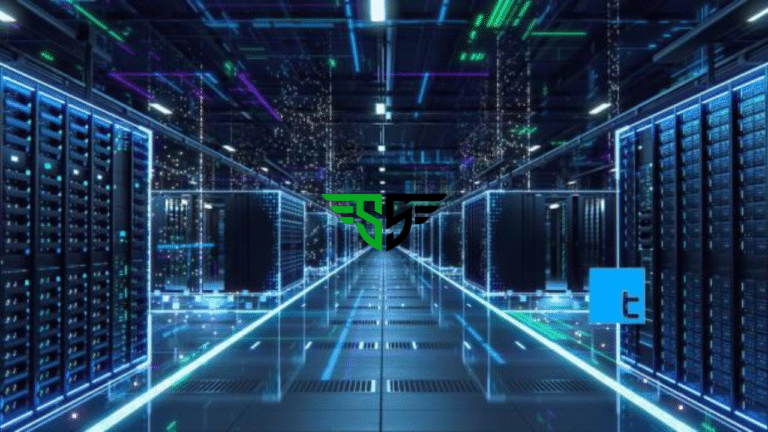An IP address is a unique numerical identifier that devices use to communicate over the internet. In this article, we’ll break down what the IP address “185.63.253.300” means, how it works, and why it’s important in simple terms, so anyone, even a 10-year-old, can understand!
What is an IP Address?
An IP address (short for Internet Protocol address) is like a house address for your device on the internet. Just like every house has a unique address, every device connected to the internet has its own IP address. This address helps the internet know where to send data, whether it’s a webpage you’re trying to visit, a file you want to download, or a message you’re sending to a friend. The address “185.63.253.300” is one such address that identifies a specific device or server on the internet.
There are two types of IP addresses: IPv4 and IPv6. “185.63.253.300” is an example of an IPv4 address, which consists of four numbers (each between 0 and 255) separated by dots. This format has been used for many years, though the world is slowly moving to IPv6, which can handle even more devices due to its larger number range.
How Does 185.63.253.300 Work?
IP addresses, including “185.63.253.300”, are part of the internet routing system. When you try to visit a website, your device sends a request to a server. This request includes your IP address, which acts like a return address on a letter. When the server receives this request, it sends back the necessary data (like the content of a website or a video) to the IP address from where the request came. Without IP addresses, the internet wouldn’t know where to send information.
Think of it as a virtual “postman” delivering data from one place to another. The IP address is the identifier that allows the postman to find the correct address, ensuring the delivery is made to the right device or location.
What Does 185.63.253.300 Do?
“185.63.253.300” specifically identifies a device, network, or server within the vast internet infrastructure. It’s an IPv4 address that likely belongs to a company or a service provider, but it can also be allocated to different users based on internet service provider (ISP) configurations. The number “185.63.253.300” could be used for a variety of tasks, from hosting websites to providing access to online services.

When you access content hosted by this IP address, it could either be from a server hosting a website, streaming a video, or performing another internet-based function. This address essentially represents a point in the network where information is being processed and sent to you.
Is 185.63.253.300 Safe?
While IP addresses like “185.63.253.300” are generally neutral in nature, they can be associated with both safe and risky websites or servers. If an IP address belongs to a trusted server, it will be safe. However, if it is linked to malicious websites, phishing attempts, or other harmful content, it can pose risks.
To determine the safety of an IP address, it’s often a good idea to check whether it is linked to known malicious activity. Tools like VirusTotal and IP reputation checks can provide insight into whether the IP address is safe or suspicious.
Where is 185.63.253.300 Located?
The location of an IP address like “185.63.253.300” can be traced using tools called IP geolocation services. These services attempt to map the IP address to a physical location based on internet infrastructure. However, IP geolocation is not always perfectly accurate. The address “185.63.253.300” is likely part of the United States based on common patterns, but exact locations may vary.
Keep in mind that geolocation doesn’t give you an exact address or pinpoint the location of a specific user, but it helps give an approximation of where the IP address is being used.
What Countries Use IP 185.63.253.300?
Though “185.63.253.300” is likely used within the United States, it could be connected to multiple countries depending on how the IP addresses are distributed. IP addresses are allocated to service providers globally, meaning that an address can be used by a range of countries, especially for companies with international presence.
For instance, an IP address can belong to a content delivery network (CDN) or a cloud service provider that has servers in multiple countries, including the United States, Europe, and Asia. Therefore, this IP might be used in different regions depending on how the services are set up.
How to Find an IP Address Like 185.63.253.300?
Finding an IP address like “185.63.253.300” is relatively simple. Every device connected to the internet has an IP address. You can find your own public IP address by visiting a website such as WhatIsMyIP.com.
For any specific IP address, you can use a tool like WHOIS lookup, which will give you information about who owns the IP address and its geographical location. These tools are commonly used by network administrators and security experts to monitor or troubleshoot internet connections.
Why Does an IP Address Matter?
IP addresses play a critical role in how the internet functions. Without them, devices wouldn’t be able to communicate with each other. An IP address is necessary for websites to load, emails to be sent, and online services to work. Additionally, IP addresses are often used for security reasons, like blocking malicious traffic or detecting unusual activity.
If you’re browsing the internet, visiting websites, or even playing games, you are using an IP address (either your own or one associated with the website you’re visiting). In short, an IP address is a backbone of online communication and internet navigation.
Can You Change Your IP Address?
Yes, you can change your IP address! There are several ways to do this, including:

- Restarting your router: This often results in a new dynamic IP address.
- Using a VPN (Virtual Private Network): A VPN lets you connect to a server in another location, giving you a different IP address from the one assigned to your internet connection.
- Using a proxy server: Similar to a VPN, a proxy allows you to access the internet with a different IP.
Changing your IP address can be helpful for privacy, security, or if you’re trying to access content restricted in your location.
Is 185.63.253.300 a Public or Private IP?
“185.63.253.300” is a public IP address, meaning it is part of the larger internet pool and accessible from anywhere on the internet. Public IPs are used by servers, websites, and devices that need to be accessed over the global network.
In contrast, private IP addresses are used within local networks (such as your home Wi-Fi) and are not directly accessible from the internet. These addresses are reserved for internal use, such as connecting devices within the same home or office network.
How to Protect Your IP Address?
Protecting your IP address is essential for maintaining online privacy and security. Here are a few tips to protect your IP address:
- Use a VPN: A VPN encrypts your internet traffic, hiding your real IP address and making your online activity more private.
- Use a firewall: A firewall can block unauthorized connections to your device, preventing hackers from exploiting your IP.
- Avoid public Wi-Fi for sensitive tasks: Public networks are often less secure, making it easier for someone to intercept your data and track your IP address.
Why Should You Care About Your IP Address?
Your IP address is like your online identity. It can be used to track your location, monitor your browsing habits, or even block you from accessing certain content. Protecting your IP address helps maintain your privacy and prevents malicious actors from using it for harmful purposes.
Understanding 185.63.253.300
To understand “185.63.253.300”, it’s important to recognize that it’s just one small part of the internet’s vast network. Every time you use the internet, you interact with countless IP addresses. “185.63.253.300” is one of them, and its main role is to identify a specific device or service in the digital world.
The Bottom Line
In conclusion, an IP address like “185.63.253.300” serves as an important identifier for devices connected to the internet. Whether you are browsing the web or interacting with online content, you’re using an IP address in some form. Understanding how IP addresses work can help you protect your privacy and make the most of your online experiences.


